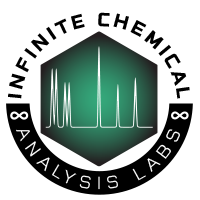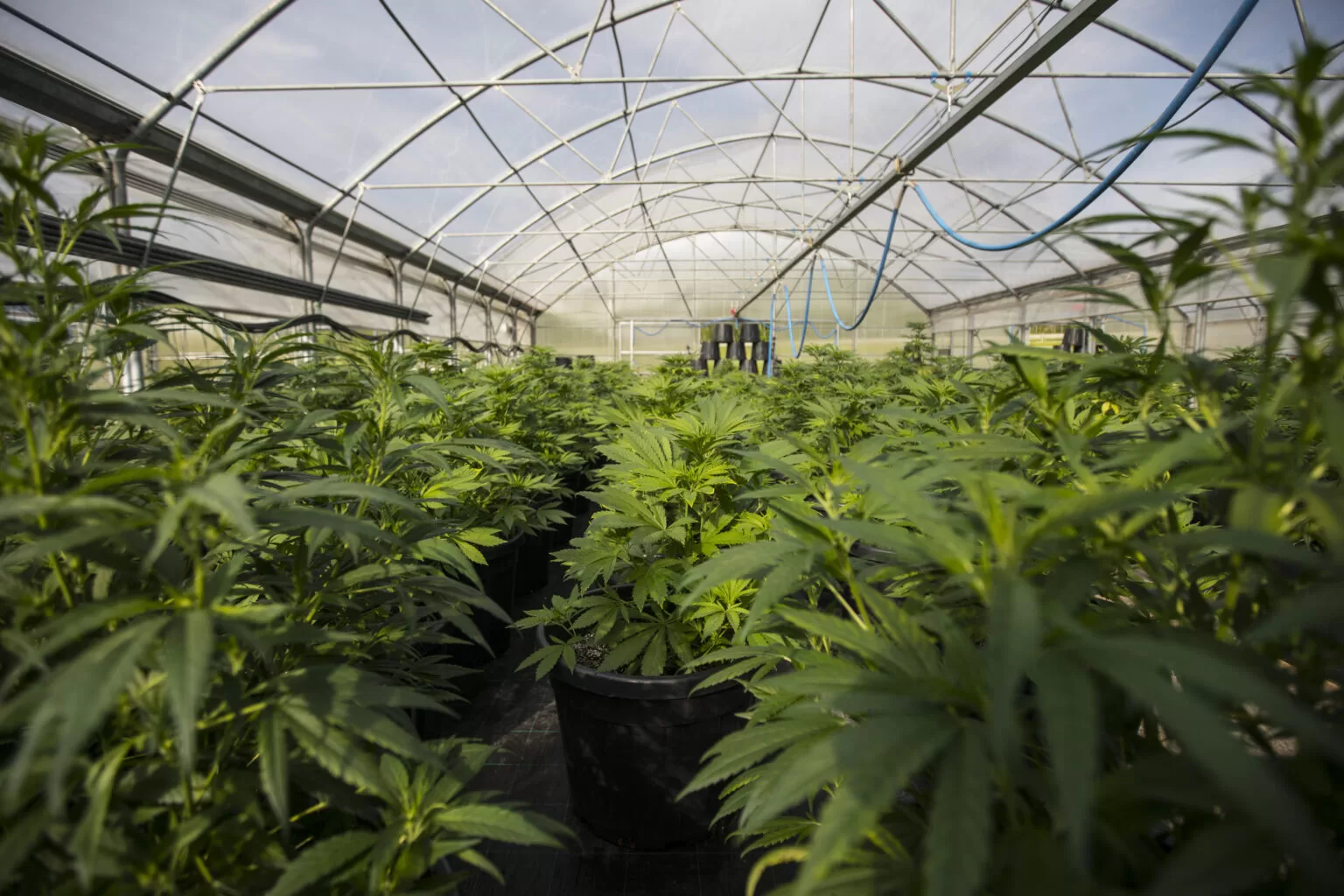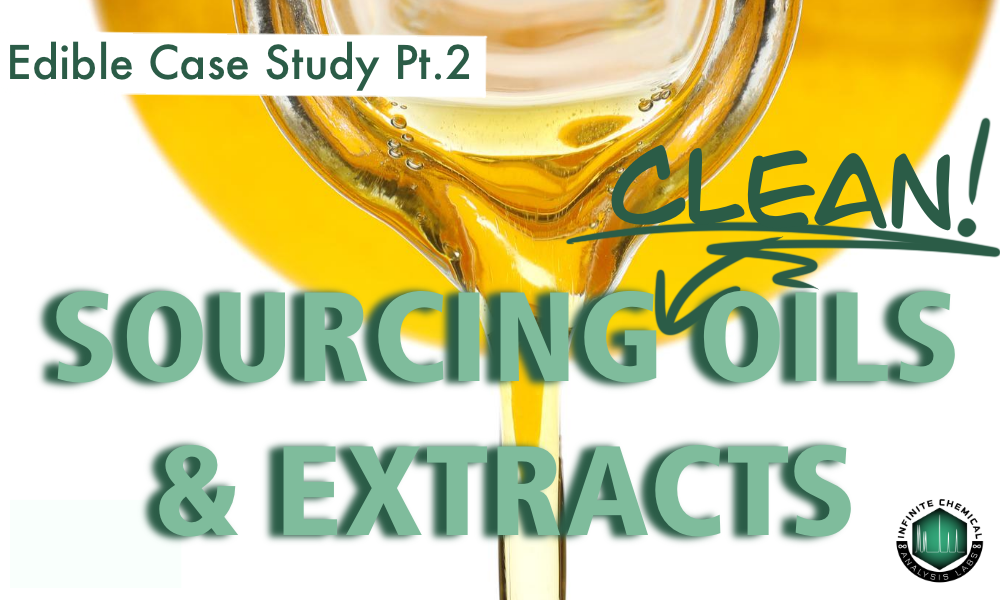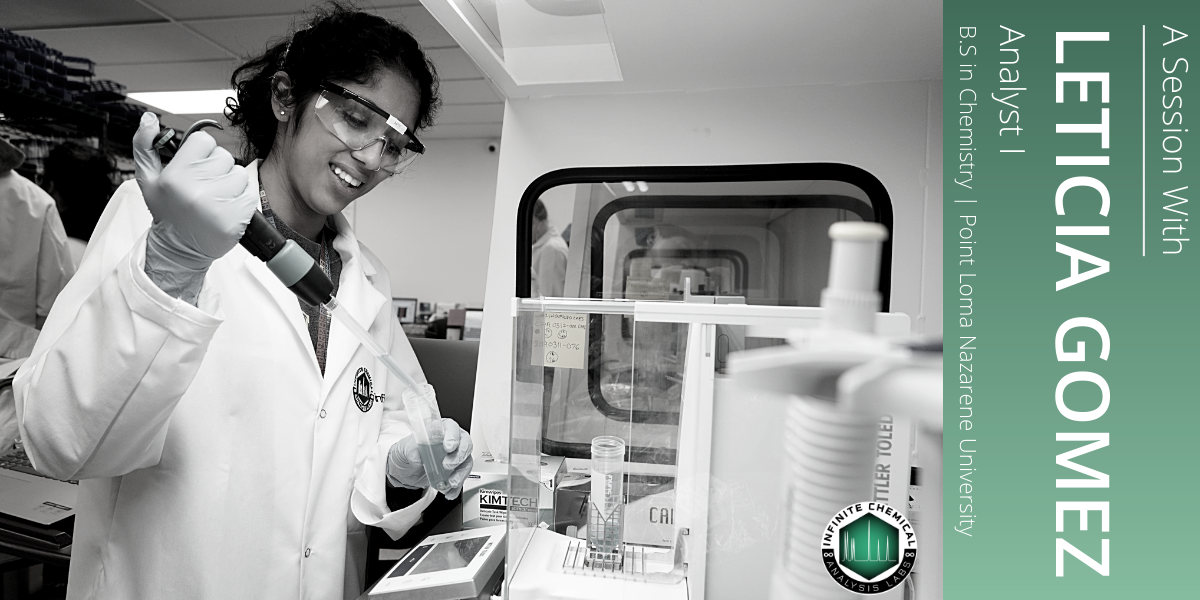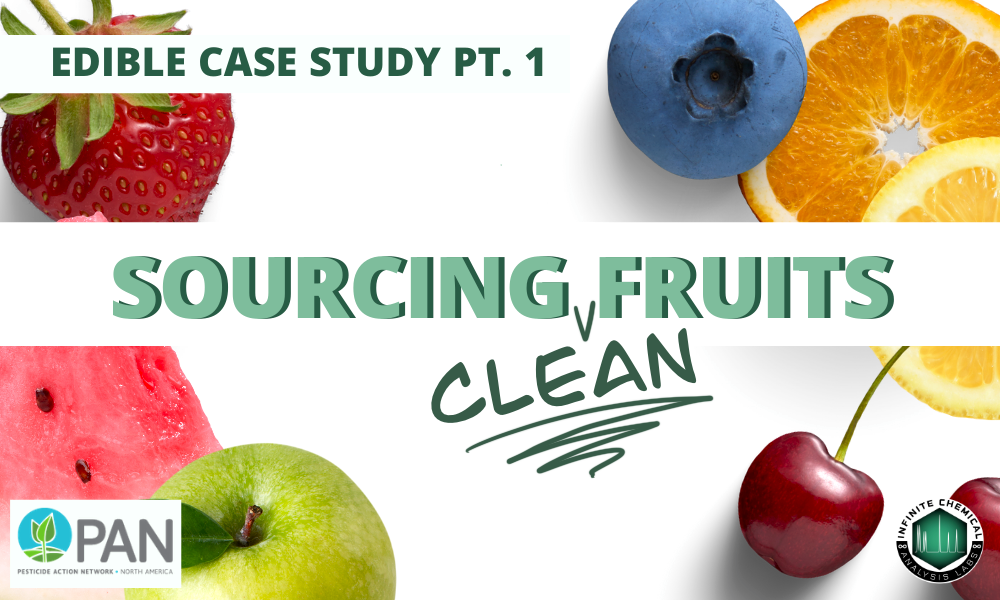As inconsistencies in the CBD industry continue to rise, consumers are craving accountability and transparency when selecting which CBD products to put on or in their bodies. For those using CBD to treat certain ailments, properly labeled CBD content and the use of clean, quality materials are especially crucial. Consumers want to be sure they’re receiving the correct dose and, more importantly, that the products they’re using aren’t doing more harm than good.
Our recent CBD case study revealed many CBD manufacturers are mislabeling products, using contaminated materials, and even selling “CBD” products that have no CBD in them at all. Hemp-derived CBD may be federally legal now, but there are currently no regulations for quality assurance or safety testing for CBD products being sold in places other than a licensed cannabis dispensary. It’s up to the manufacturers whether they want to prove the legitimacy of their products to their customers. We’ve come up with 4 key reasons for why CBD brands and manufacturers should go the extra mile when it comes to testing their products.
- Increase trust and transparency through third-party lab testing
In order to increase customer loyalty and trust, many CBD companies and brands are self-regulating their own products by having them tested at an accredited third-party laboratory. Labs such as InfiniteCAL are seeing a surge of new CBD clients submitting samples for cannabinoid, pesticide, mycotoxin, microbial, residual solvent, heavy metal, and terpene analyses to have certificates of analyses (CoAs) readily available to their customers.
The goal behind independent third-party lab testing is to have a neutral, unbiased source to examine a company’s products. This is important in today’s market, as the non-regulated state of hemp-derived CBD more or less allows manufacturers to slap labels on their products and then market and sell them however they please. When a customer asks to see a CoA, manufacturers who have done their due diligence to seek additional testing will have the analytics to stand by when the quality and safety of their products is in question.
- Have CoAs easily accessible to customers
CBD and cannabis companies are making it easier to access CoAs by including QR codes on their packaging that, when scanned with a smartphone, direct customers to the lab’s reporting platform to view the quality and safety test results. InfiniteCAL includes a unique QR code for every compliance and quality assurance sample submitted for this purpose. Customers can verify cannabinoid content and safety results prior to purchase to ensure the product is genuine and safe to consume.
Many online retailers also include pictures or attachments of test results on product pages so customers can view them as they shop.
- Label accordingly
After perfecting your formulation and verifying your results through a third-party lab, it is essential that your product labels reflect that information correctly and coherently.
- One of the most important pieces of information on CBD labels is the total amount of CBD in the entire product, whether it’s a bottle, oral applicator, or jar. Every CBD product label should clearly state the total amount of CBD it contains in milligrams (mg).
- Many CBD product labels will also convey the number and size of CBD servings in each package. This information is generally listed out as “Serving Size” (Ex: ¾ teaspoon) and “Servings Per Container” (Ex: Approx. 32). Manufacturers should also include information on the amount of CBD in milligrams in each serving (Ex: 31 mg).
- Batch or lot numbers should also be listed on all product labels. Batch and lot numbers are a sign of accountability because if there is an issue or recall, regulators or the company can hold that entire batch or lot. Be sure to provide the batch/lot number of a product when having it analyzed by a lab so the label correlates with the information listed on the CoA. When CBD labels have no batch or lot number, it’s impossible to tell when or where that product was made, whether that specific batch or lot had undergone testing, and if the lot the product was purchased from is being recalled.
- Another piece of information to include on CBD labels is the product’s source for CBD. Hemp-derived CBD products can be made using either hemp flower, full-spectrum CBD oil, broad-spectrum CBD oil, or CBD isolate. All are natural and come from the hemp plant, but they differ in the types of compounds they contain. Some low-quality manufacturers may instead list vague terms like “hemp extract” or “hemp oil,” without ever referring to CBD as a tactic to sell products containing very little or no CBD.
- Lastly, a CBD manufacturer’s information should be on a CBD product label, including the company’s basic contact information like an address, phone number, and website. This allows potential customers to research the product and company more thoroughly to make an informed purchasing decision, while increasing transparency between the company and its customer base.
- Know your product
Yes, having those CoAs on hand to show your customers is important, but understanding what those results mean is invaluable. If a CoA shows that a product boasts a wide range of cannabinoids, learn what each one can be used for and communicate that with potential customers. Or, if all safety testing indicates your product was made from quality materials, share how and where they were sourced from with your customers. Knowing your product inside-and-out and demonstrating that to your customer base through trade shows, live demonstrations, website content, press, and social media will dramatically increase consumer trust and transparency. A CoA should not only provide analytical proof that a product is legit, but valuable insight into what makes that product stand out from the competition.
Interested in increasing your CBD company’s transparency through accurate, quality third-party testing? Contact us today to learn how to get started.
